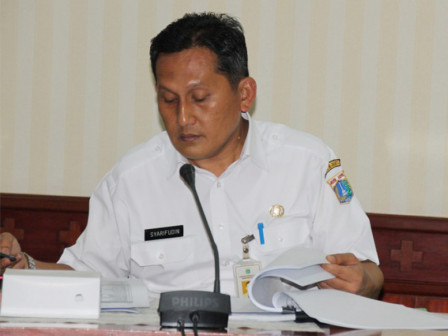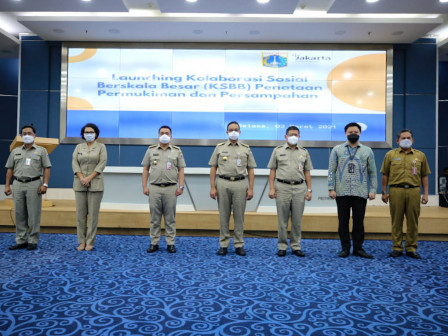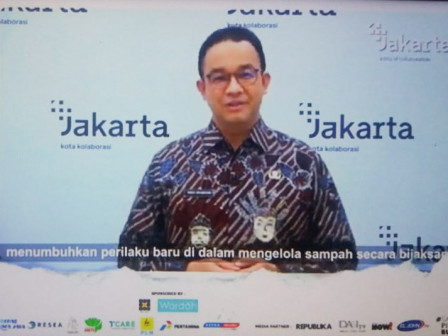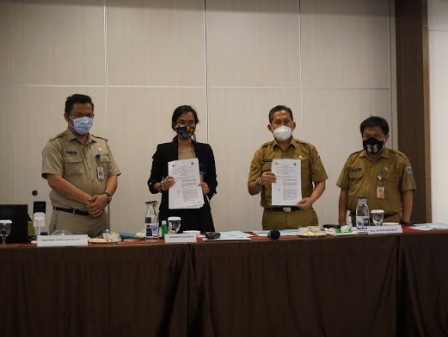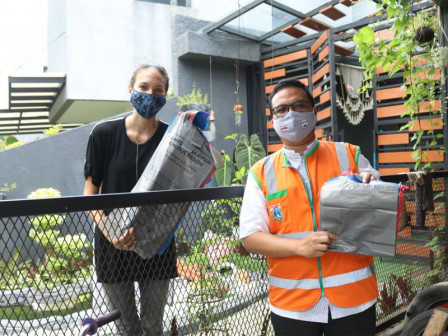Jakarta Gears Up to Soon Develop Four Waste Management Facilities
Reported by Aldi Geri Lumban Tobing | Translated by Nugroho Adibrata
The Jakarta Provincial Government takes a serious step in addressing the growing problem of household waste in Jakarta. That is by planning to develop an inner-city Intermediate Waste Management Facilities (FPSA) or popularly called Intermediate Treatment Facility (ITF).
To resolve it, we also need the community
To realize it, the Environmental Agency is about to collaborate with PT Jakarta Propertindo (Jakpro) and Perumda Sarana Jaya for developing four units of ITF in Jakarta.
Environmental Agency Acting Head Syaripudin explained it is expected to reduce the volume of waste with appropriate technology-based proscessing, tested, and eco-friendly, and could produce renewable energy that has public benefits.
Tackling Waste Problem, Bantargebang Utilizes Waste into Renewable Energy"As for the location of the ITF that was built, namely ITF Sunter as the center which is based on Gubernatorial Regulation number 33/2018 through PT Jakarta Propertindo, ITF's West Service Area based on Gubernatorial Regulation number 65/2019 through PT Jakarta Propertindo, as well as ITF's East Service Area based on Gubernatorial Regulation number 71/2020 through Perumda Sarana Jaya," he expressed, as quoted by Jakarta PPID's press release, Friday (3/12).
He explained the ITF's West Service Area is planned to process 2,000 tons of waste per day with 80% efficiency. It would be developed through PT Jakpro and PT Wijaya Karya (WIKA)-PT Indoplas Karya Energi (Indoplas). He explained, the partner selection process had been passed through transparent procedures, as it was published in the mass media.
As for the East and South service areas were predictably able to reduce 70-90% of waste. Moreover the Sunter ITF could reduce it up to 2,200 tons per day and produces 35 Megawatts of electrical energy. This facility is capable of Minimizing regional dependence on the Integrated Disposal Waste Site (TPST).
"Hopefully the processing and utilization of waste in these various areas will be one of the solutions for the volume of waste in Bantargebang Landfill. Aside that, this project can also be an effort to use waste into electricity which is beneficial for the people," he explained.
As for the information, the amount of waste that enters Bantargebang per day from year to year has increased. Based on the latest data, 5,665 tons per day in 2014, 6,419 tons per day in 2015, 6,562 tons per day in 2016, 6,875 tons per day in 2017, 7,453 tons per day in 2018, 7,702 tons per day in 2020. The composition of Jakarta waste is dominated respectively by food scraps (53%), plastic (9%), residue (8%), paper (7%), etc.
"To resolve it, we also need the community, starting from sorting and reducing household waste, as it can also be recycled, such as compost, to reduce the overall volume of waste produced in Jakarta," he said.

